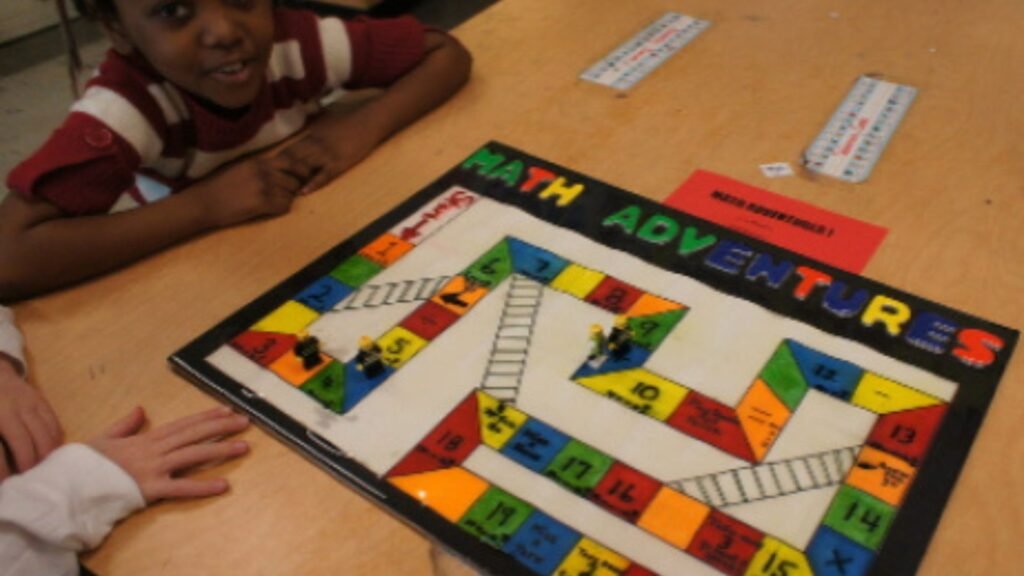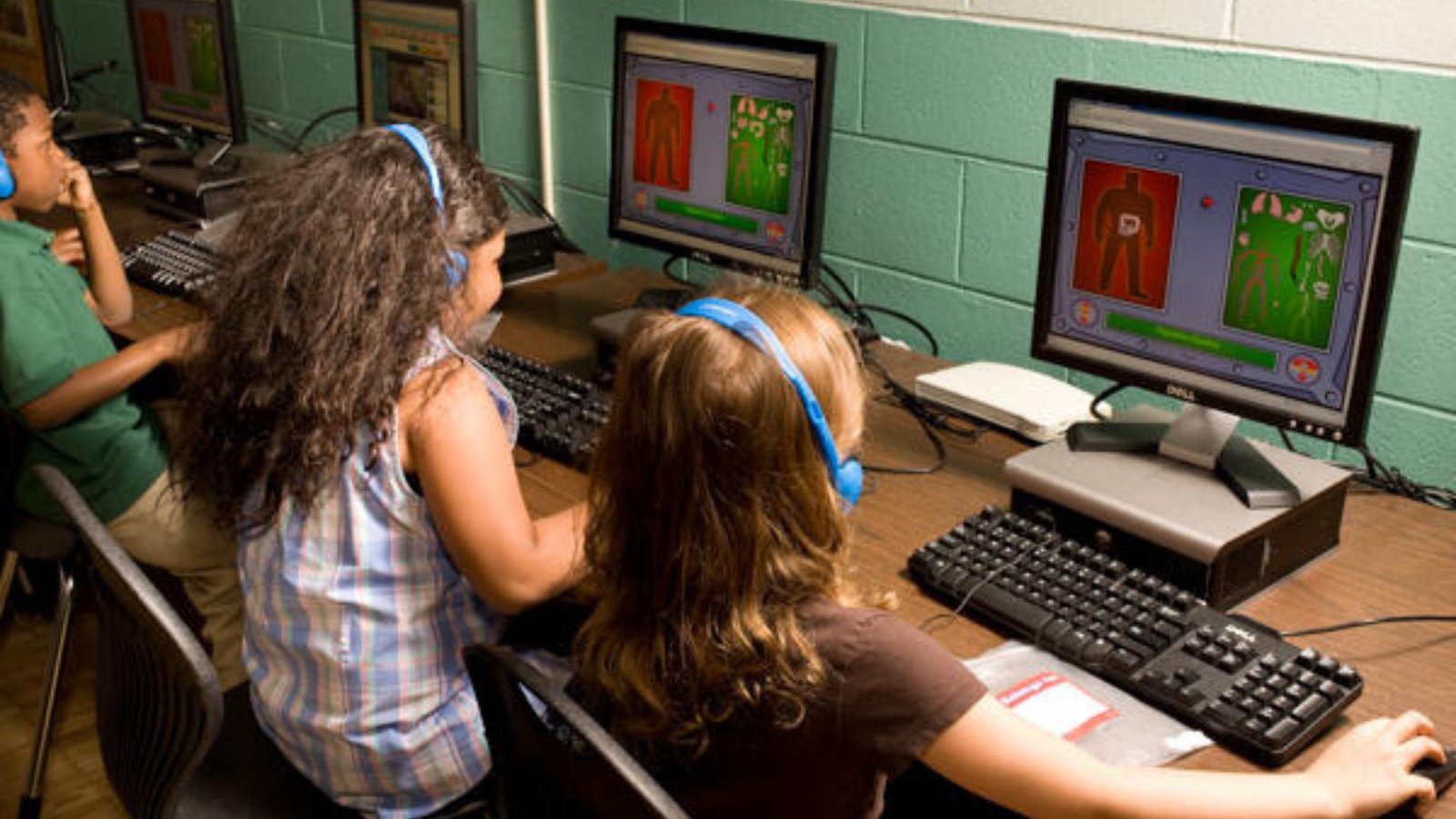Trivia games aren’t just for fun—they’re also powerful tools in education. Teachers and educators worldwide are using trivia games to make learning more engaging, interactive, and enjoyable for students. In this article, we’ll explore how trivia games are used in education and learning and how they can enhance the educational experience for learners of all ages.

1. Encouraging Active Learning
One of the key benefits of trivia games in education is that they promote active learning. Instead of passively listening to a lecture, students actively engage with the material by answering questions and participating in discussions. This keeps students involved and attentive during lessons.
How active learning improves engagement is by encouraging students to think critically about the material they are learning. Trivia games require students to recall facts, analyze information, and apply what they’ve learned in a dynamic and fun way, making learning more memorable.
2. Improving Memory Retention
Trivia games are excellent for improving memory retention. The process of repeatedly answering questions and recalling facts helps reinforce knowledge and strengthen memory. The competitive nature of trivia also makes the learning process more enjoyable, motivating students to pay attention and retain information.
How trivia games boost memory is by providing regular opportunities for review and repetition. When students play trivia games, they test their knowledge in a way that reinforces learning, which leads to better long-term retention of facts and concepts.
3. Making Learning Fun and Engaging
For many students, traditional learning methods can feel boring or repetitive. Trivia games bring excitement into the classroom by making learning fun. By turning lessons into competitions, educators can transform otherwise dull topics into enjoyable challenges.
How fun boosts learning by creating an enjoyable atmosphere where students are more willing to participate and engage with the content. When students have fun learning, they are more likely to retain the information and stay motivated throughout the lesson.
4. Providing Instant Feedback
One of the great advantages of using trivia games in education is that they provide instant feedback. Students can immediately see whether they got an answer right or wrong, helping them learn from their mistakes and reinforcing their understanding of the material.
How instant feedback enhances learning is by allowing students to correct errors right away. This immediate response helps them understand the concepts better and adjust their thinking, leading to more effective learning. Instant feedback also builds confidence in students as they see their progress in real-time.
5. Fostering Friendly Competition
Trivia games naturally foster a spirit of competition, which can be very motivating for students. Whether students are competing individually or in teams, trivia games encourage them to do their best and challenge each other. Healthy competition can inspire students to take learning seriously while still enjoying the process.
How competition motivates students is by providing a fun way to encourage participation. It pushes students to focus, study harder, and test their knowledge in a playful, low-stakes environment. Friendly competition also encourages teamwork when students work in groups, fostering collaboration and communication.
6. Incorporating Various Learning Styles
Trivia games are versatile tools that can be adapted to different learning styles. Some students learn best through reading, while others prefer hands-on activities or visual aids. Trivia games can be modified to cater to these different preferences by using multiple formats—such as multiple-choice questions, picture-based questions, or timed challenges.
How trivia games support diverse learners is by offering flexibility. Educators can design trivia games that address various learning styles, ensuring that all students have an opportunity to participate and succeed. This adaptability makes trivia games valuable tools in inclusive classrooms.
7. Promoting Group Collaboration
In many cases, trivia games are played in teams, which encourages group collaboration. Students must work together, share knowledge, and support one another to answer questions correctly. This collaborative environment helps build communication skills, teamwork, and problem-solving abilities.
How group collaboration enhances learning by allowing students to learn from each other. Team-based trivia fosters a sense of community and promotes the idea that learning can be a shared experience. It also helps students who may struggle in individual settings feel more confident and included.
8. Making Complex Concepts Simpler
Trivia games can simplify complex topics by breaking them down into smaller, manageable pieces. By turning complicated information into clear and concise questions, educators can help students understand difficult concepts in a more digestible way. Trivia games also provide opportunities for repetition, helping students grasp even the most challenging material.
How trivia simplifies learning is by transforming difficult lessons into more approachable and enjoyable experiences. Through trivia games, students can revisit challenging topics in a low-pressure, interactive environment, which can lead to a deeper understanding.
9. Engaging Students of All Ages
Trivia games aren’t just for kids—they can be beneficial for learners of all ages. Adult learners can also benefit from trivia games, especially in fields like continuing education or professional development. For example, trivia games can help reinforce knowledge in areas like medicine, business, or law.
How trivia games appeal to all ages is by being adaptable and versatile. Whether in a high school classroom, a corporate training session, or a senior learning group, trivia games can be tailored to suit the needs of any age group. This flexibility makes them valuable tools in a variety of educational settings.
10. Encouraging Lifelong Learning
Finally, trivia games encourage lifelong learning by making education feel like a continuous, enjoyable process. When people start enjoying trivia games, they often become more curious and motivated to learn new things. Trivia games can spark interest in a variety of topics, leading individuals to explore new areas of knowledge and keep learning throughout their lives.
How trivia promotes lifelong learning by inspiring curiosity and excitement. Trivia games create an enjoyable learning experience that motivates people to keep exploring and growing intellectually, even outside the classroom.
Conclusion
In conclusion, how trivia games are used in education and learning demonstrates their power to enhance the educational experience. From promoting active learning and memory retention to fostering collaboration and making learning fun, trivia games offer a wide range of benefits for students of all ages. As an engaging and effective learning tool, trivia games continue to transform education, making it more interactive, enjoyable, and rewarding for everyone involved.



